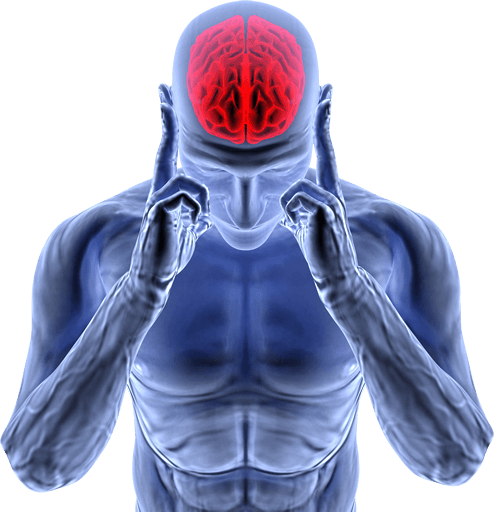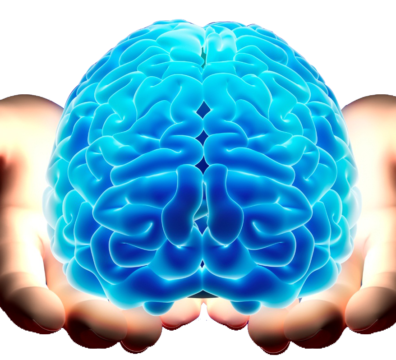Neurological Expert in Perumbakkam
Your Trusted Partner in Neurological problems
A neurological disorder is a broad term referring to conditions that affect the nervous system, which includes the brain, spinal cord, and nerves. We are here to provide you with top-notch care and guidance to tackle your problems.

Understanding Neurological problems
Signs of Neurological problems
Neurological disorders can result from various causes, including genetic factors, infections, trauma, autoimmune reactions, degeneration, and environmental factors. These conditions may manifest as cognitive, motor, sensory, or autonomic dysfunction and can include disorders such as epilepsy, Alzheimer’s disease, Parkinson’s disease, multiple sclerosis, and others. The diagnosis and management of neurological disorders often involve a multidisciplinary approach, including medical, rehabilitative, and supportive interventions tailored to the specific disorder and individual patient needs.
- Genetic Factors: Inherited conditions or genetic mutations.
- Trauma: Head injuries, spinal cord injuries.
- Infections: Viral or bacterial infections affecting the nervous system.
- Degenerative Disorders: Conditions like Alzheimer’s disease, Parkinson’s disease.
- Autoimmune Disorders: Conditions where the immune system attacks the nervous system.
- Tumors: Brain or spinal cord tumors.
- Environmental Factors: Exposure to toxins or certain chemicals.

Symptoms of Neurological problems:
- Cognitive Symptoms: Memory loss, confusion, difficulty concentrating.
- Motor Symptoms: Muscle weakness, tremors, coordination problems
- Sensory Symptoms: Numbness, tingling, pain, changes in sensation
- Autonomic Symptoms: Changes in blood pressure, heart rate, or bladder control
- Seizures: Abnormal electrical activity in the brain leading to seizures
- Speech and Language Issues: Difficulty speaking, understanding, or expressing thoughts
Prevention
Treatments
Frequently Asked Question on Neurological problems
Some of the most common are epilepsy, Alzheimer’s and other dementias, strokes, migraine and other headaches, multiple sclerosis, Parkinson’s disease, neurological infections, brain tumors, traumatic conditions of the nervous system such as head injuries and disorders caused by malnutrition.
Physicians cannot cure many neurological disorders, but rehabilitation can assist in treating symptoms and the restoration of daily functioning
Anticonvulsants such as levetiracetam (Keppra), topiramate (Topamax), lamotrigine (Lamictal), oxcarbazepine (Trileptal), and divalproex sodium (Depakote) are some of the most commonly prescribed neurological medications
Here we review the most recent findings supporting the hypothesis that major depression is a medical illness of the brain which can be elicited by neurological illnesses.
Your regular doctor may recommend that you see a neurologist if you have migraines or headaches, dizziness, vertigo, seizures, or other issues. Neurologists may check your mental status, speech, coordination, and reflexes. Preparing for a visit to the neurologist is much like preparing for a visit to any doctor.
